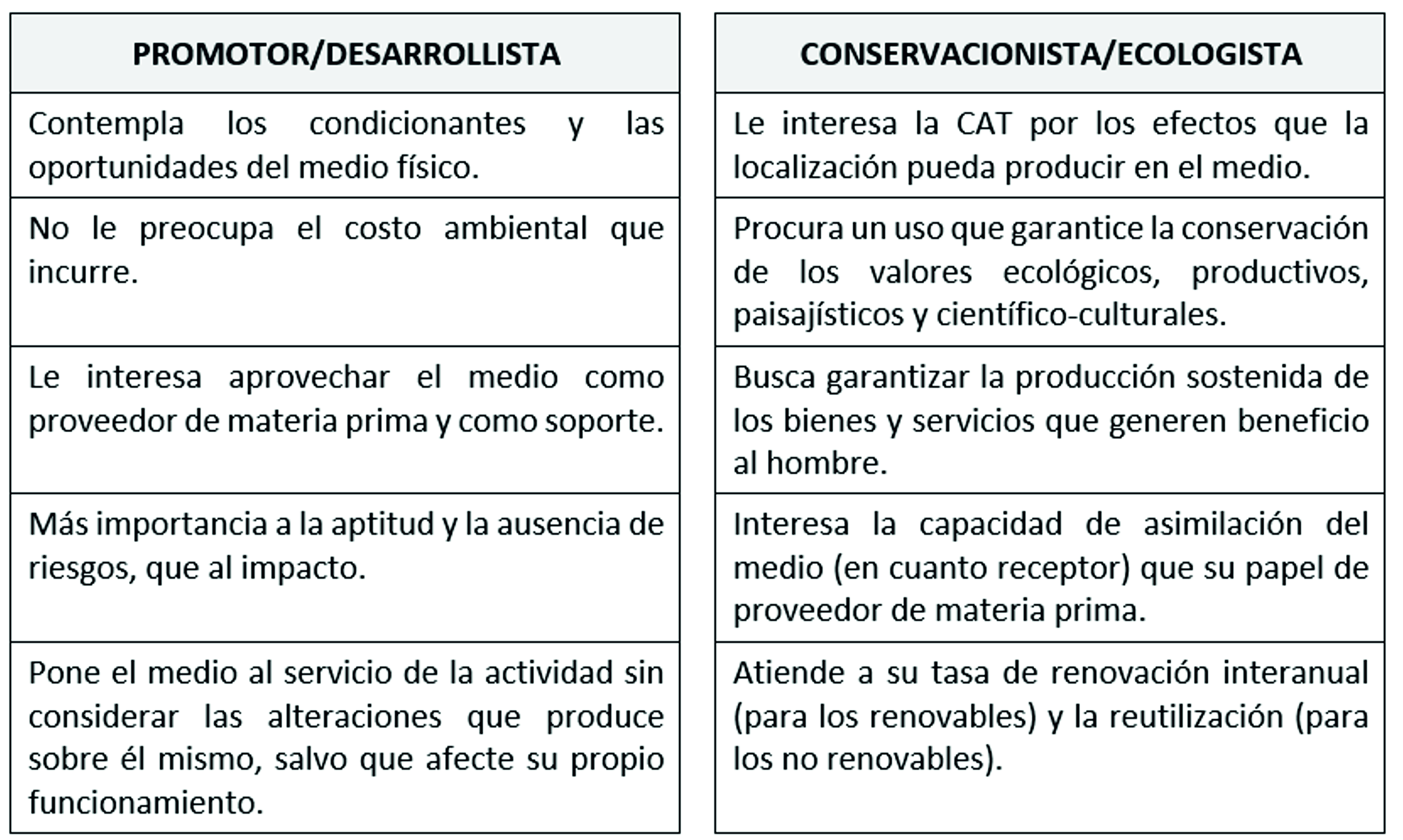El análisis espacial a través de la Capacidad de Acogida del Territorio (CAT)
Contenido principal del artículo
Resumen
La capacidad de acogida del territorio (CAT) se entiende como el grado de idoneidad que presenta el territorio para la implantación de una actividad teniendo en cuenta a la vez, la aptitud en que el medio cubre sus requisitos locacionales y los impactos de dicha actividad sobre el medio. En esta ocasión, la propuesta consiste en realizar algunos aportes teóricos del CAT que permite visibilizar las oportunidades que presenta esta metodología, no solo en el plano de la organización espacial, sino también en los estudios geográficos de la región del nordeste argentino.
La CAT busca cotejar dos perspectivas contrapuestas, la mirada del promotor que busca desarrollar infraestructuras o diversas actividades, ignorando las alteraciones que pueda generar y el enfoque conservacionista que mira el entorno en términos de los impactos que puedan generar las propuestas de ocupación espacial. Las propuestas metodológicas plantean diferentes maneras de aplicar la capacidad de acogida, acompañada de los sistemas de información geográfica (SIG) y técnica de evaluación multicriterio (EMC).
Detalles del artículo

Esta obra está bajo una licencia internacional Creative Commons Atribución-NoComercial-CompartirIgual 4.0.
Los contenidos de la revista están protegidos bajo la licencia Creative Commons Atribución-NoComercial-Compartir Obras Derivadas Igual 4.0 Internacional (CC-BY-NC-SA 4.0). Esta licencia permite compartir, copiar, distribuir y transformar las obras, bajo las siguientes condiciones:
- Citar la autoría y fuente original.
- Mantener los mismos términos de la licencia en las obras derivadas.
Los editores están autorizados a depositar y difundir los trabajos en bases de datos y redes sociales, con el objetivo de aumentar su visibilidad.
Términos de la licencia: http://creativecommons.org/licenses/by-nc-sa/4.0/deed.es

